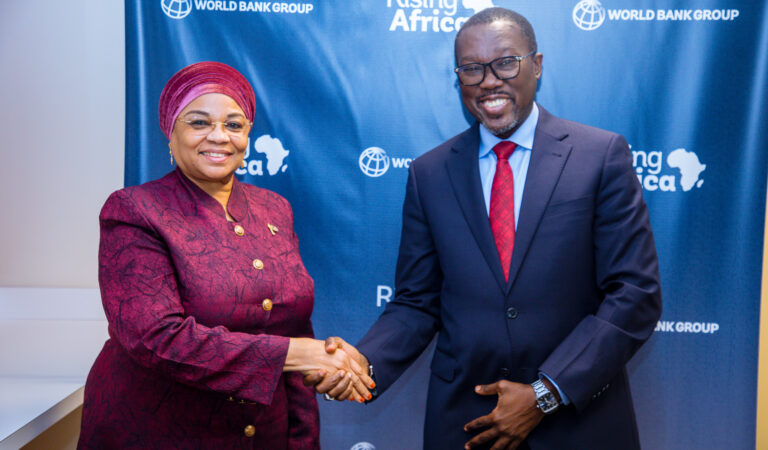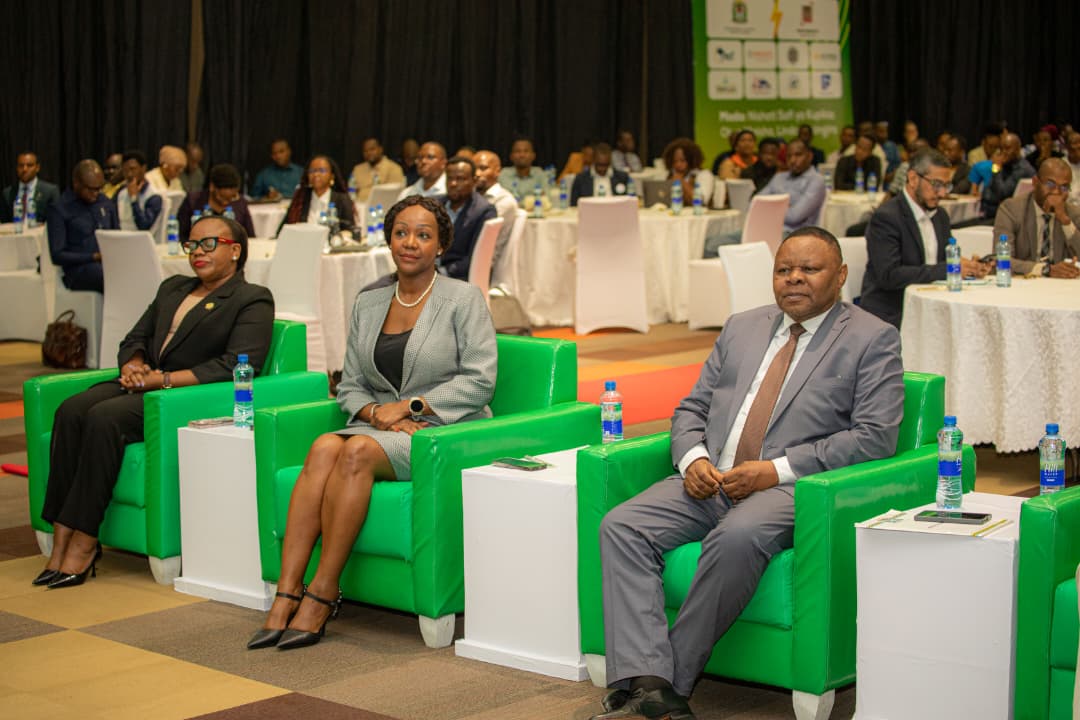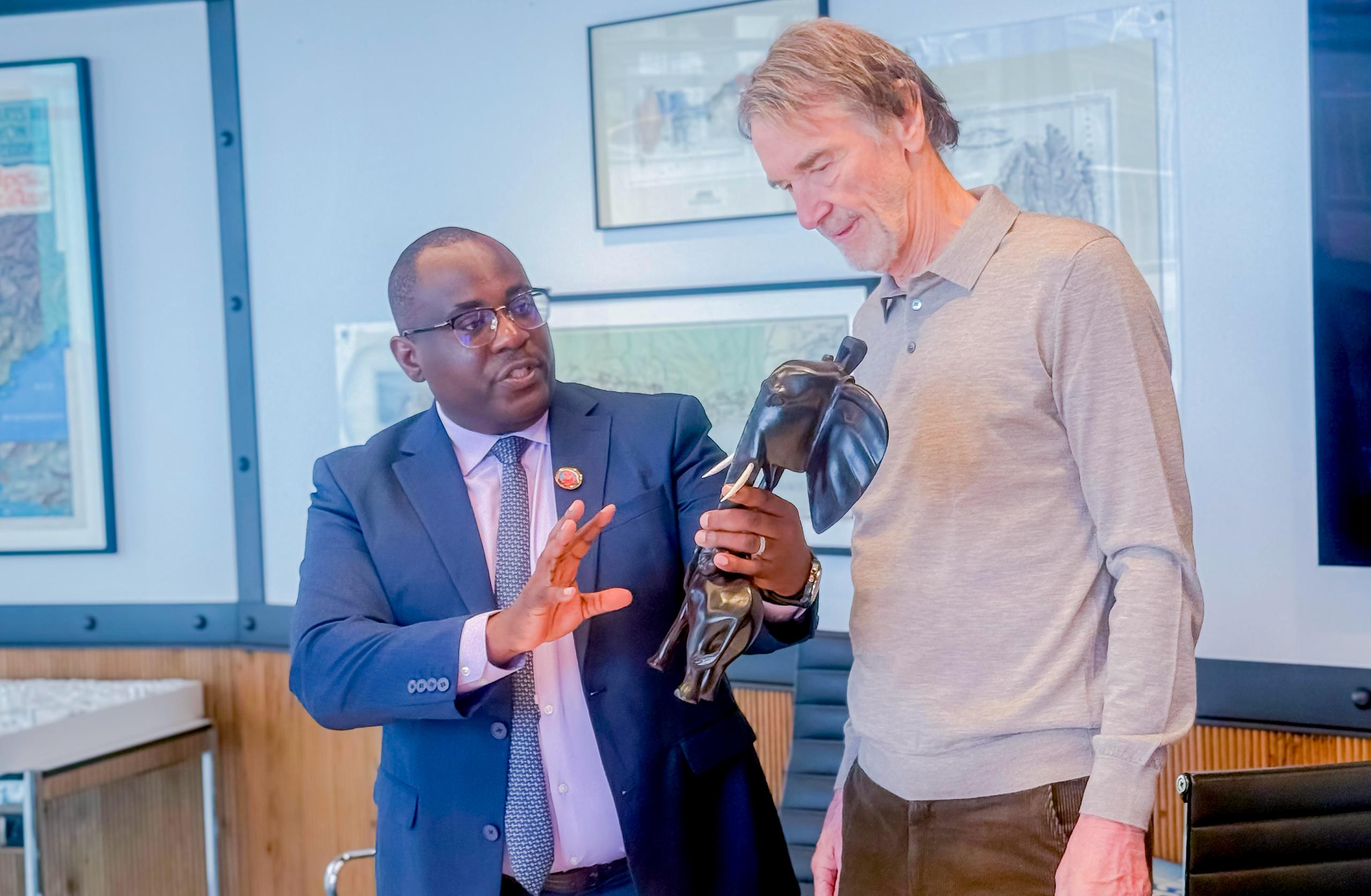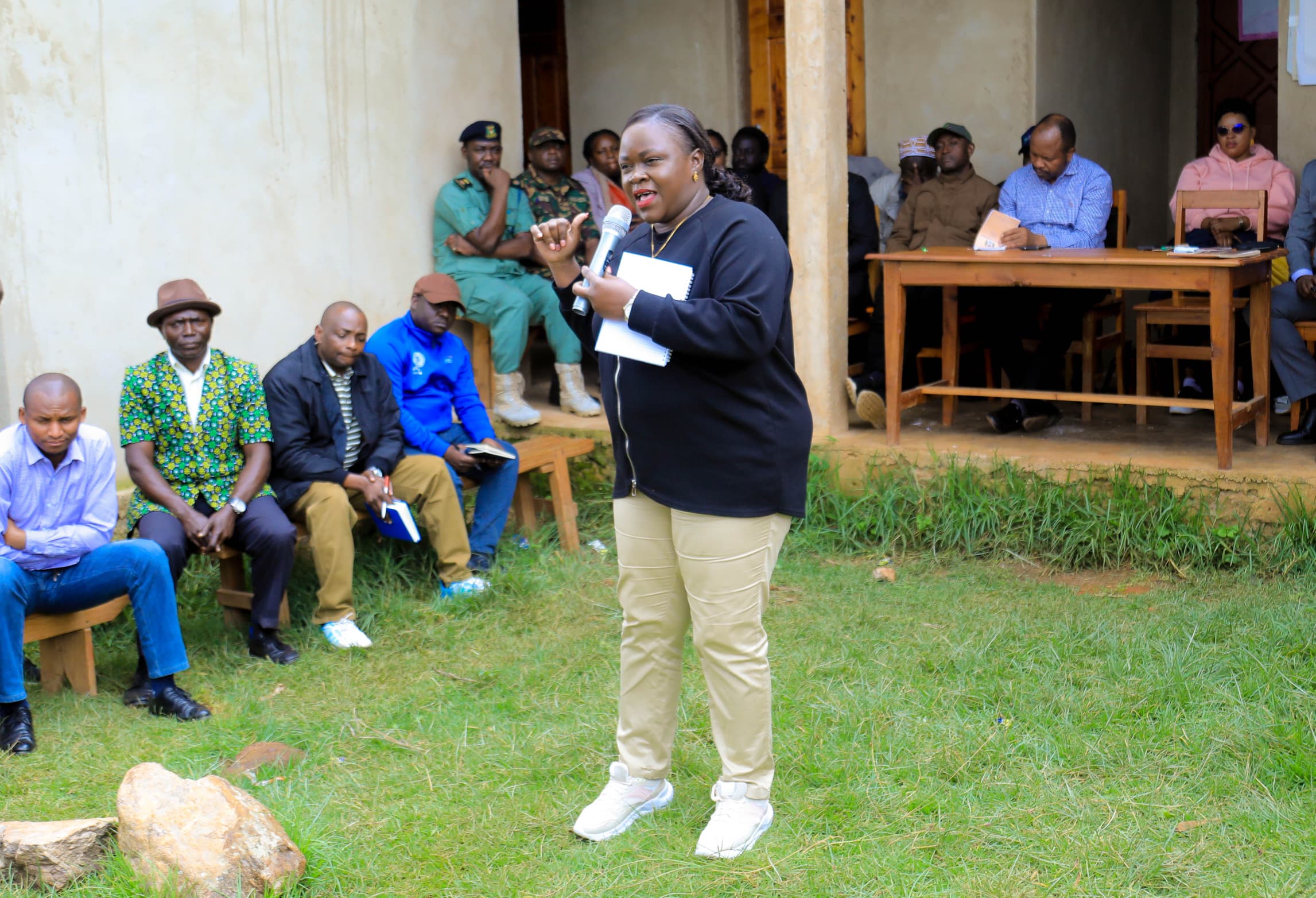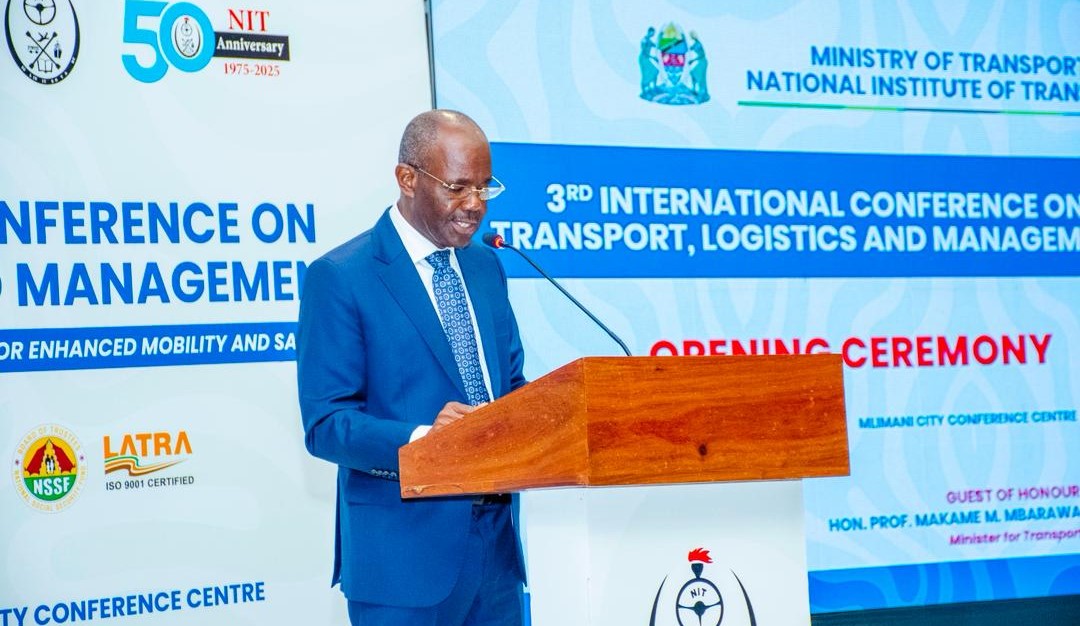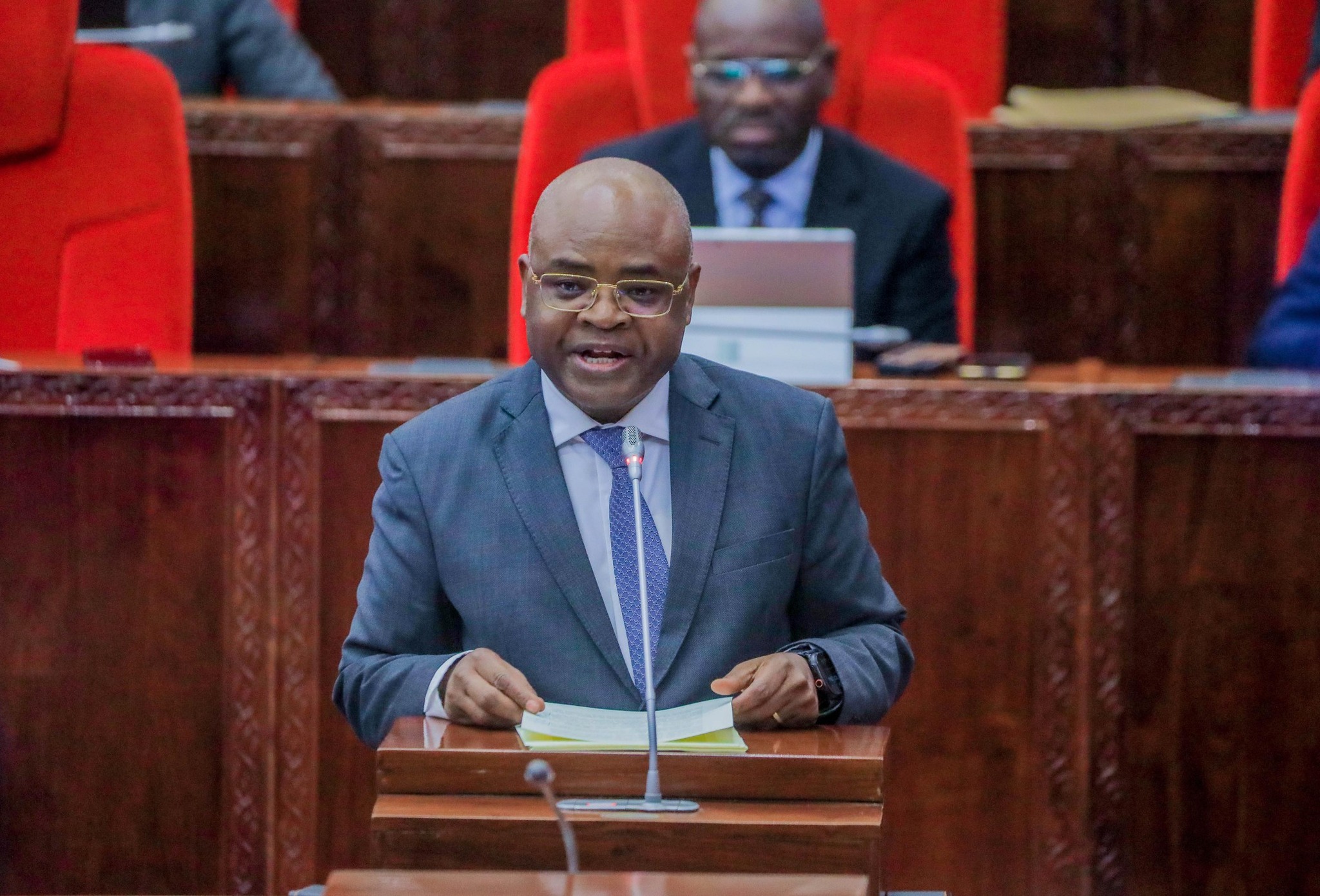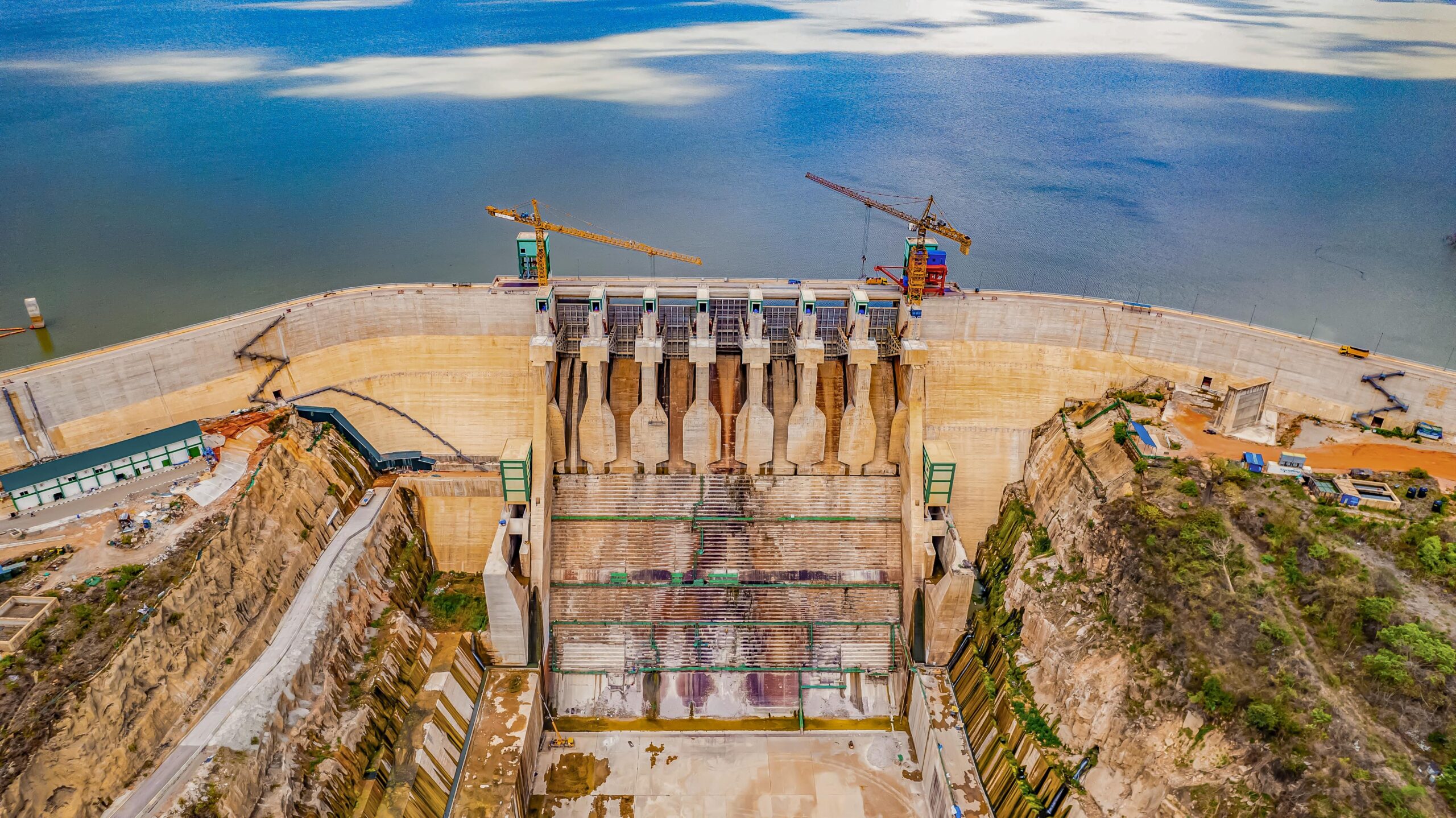Washington. The World Bank has pledged to help position Tanzania as a hub for electricity production to serve other African countries, enhancing economic security and boosting industrial output in the near future.
The commitment also seeks to increase the value of the Standard Gauge Railway (SGR) project, ensuring benefits for both citizens and investors along the corridor where the rail infrastructure will run.
The assurance was made by the World Bank’s Vice President for East and Southern Africa, Dr Ndiamé Diop, during discussions with a Tanzanian delegation led by the Permanent Secretary of the Ministry of Finance, Dr Natu El-maamry Mwamba, at the International Monetary Fund (IMF) and World Bank Annual Meetings held in Washington D.C., United States.
Dr Diop noted that Tanzania is endowed with significant energy resources and that electricity generation in the country would have far-reaching economic benefits, including enabling the export of power to neighbouring nations.
“We would like to support this electricity generation project within a short period, ideally over the next three years, so that Tanzania and Africa have reliable power to stimulate investment and production,” Dr Diop said.
Regarding the construction of the SGR infrastructure, Dr Diop highlighted that the World Bank is ready to provide financing to develop the railway, contributing to economic growth in communities along its route.
He also commended the strong partnership between Tanzania and the World Bank, pledging continued support for Tanzania’s efforts to boost its economy and reduce poverty through funding for various economic and social projects, as well as technical assistance to accelerate economic growth.
For his part, Dr Mwamba expressed gratitude to the World Bank for enabling Tanzania to implement strategic projects that promote economic growth and improve citizens’ livelihoods.
He observed that the World Bank’s commitment to supporting major initiatives, including the SGR, energy, agriculture, health, education, and infrastructure development, will drive significant socio-economic transformation in Tanzania and across Africa by accelerating production activities and creating jobs, particularly for the youth.
To date, the World Bank’s investment in Tanzania’s economic and social projects has reached $10.9 billion, with 38 development projects underway across sectors such as health, water, education, energy, road infrastructure, market construction, and climate change mitigation.

